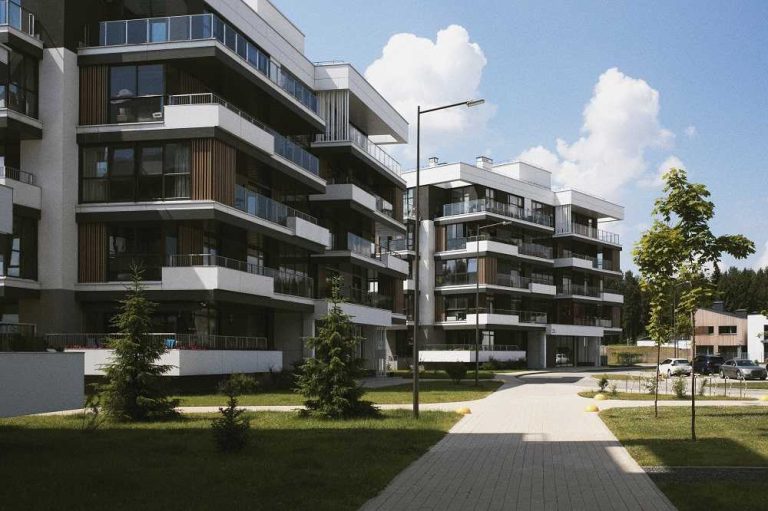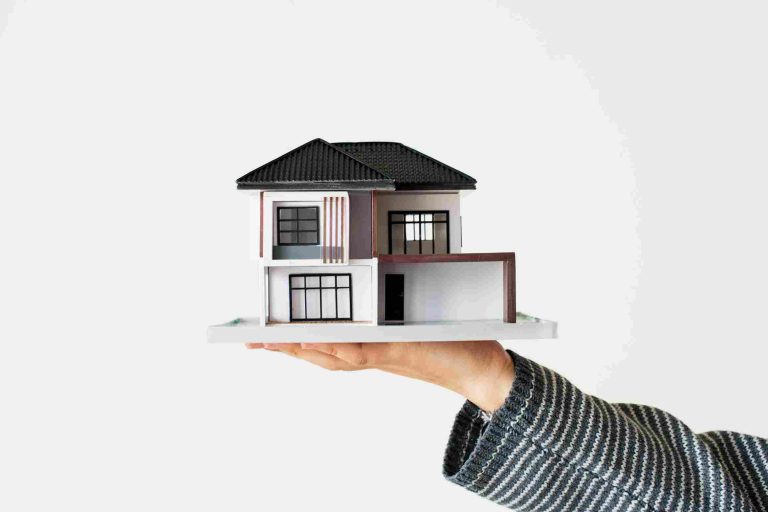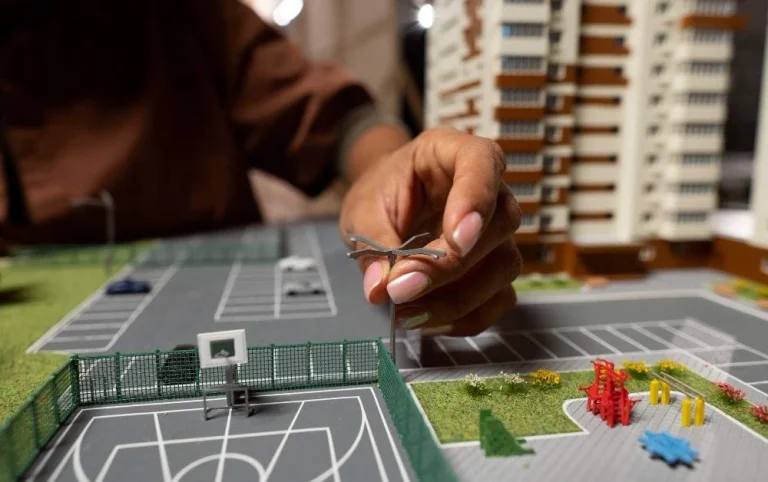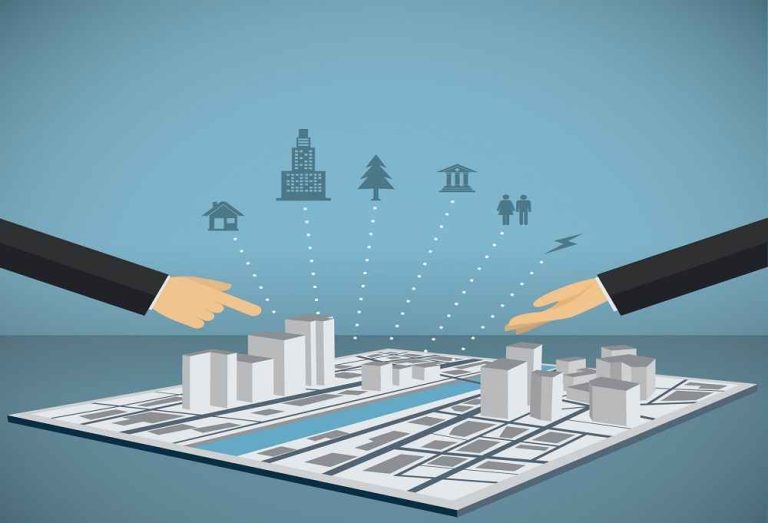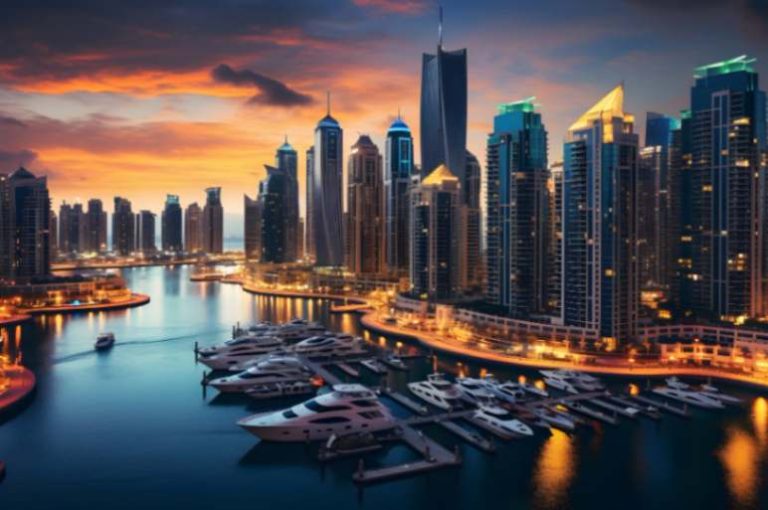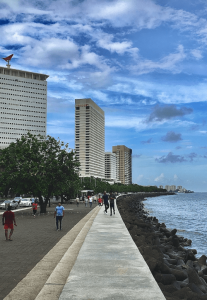Dubai’s Real Estate Market Trends 2025
For many years, Dubai’s real estate market has been considered a global leader in newness, luxury, and quick growth. We expect 2025 to achieve unprecedented power and become a crucial year for all investors, homebuyers, and developers. As the UAE continues to experience strong economic growth, sound government policies, and an influx of international buyers, the real estate developments in Dubai have strong momentum. The segments with the highest performance, in descending order, include luxury properties, off-plan properties, and affordable properties in the suburbs around town.
Moreover, there continues to be growing interest among ultra-high-net-worth individuals, supported by government-backed programs to attract foreign investment through long-term visa options, residency programs, policies that favour property investors, and more. Such initiatives will only add to Dubai’s appeal as a real estate powerhouse.
Real Estate Key Market Trends in 2025
1. Rising Property Prices and Demand Growth
In 2024, property prices in Dubai continued to increase, and in 2025 expects price growth is expected to be steady again, at 5–7% annually. Drivers include increased foreign direct investment, confidence in the resilience of the Dubai economy, and high-net-worth individuals relocating to the city. Palm Jumeirah, Downtown Dubai, and Business Bay are seeing the fastest property price increases, aided by lifestyle appeal and rental returns.
2. Boom in Luxury Properties and High-Net-Worth Buyers
Luxury real estate is seeing increased demand for branded residences, beachfront mansions, and high-end penthouses. Locations, such as Jumeirah Bay Island, Palm Jumeirah, and Emirates Hills, are seeing record transactions. The combination of being tax-free, investor-friendly, and the increasingly friendly immigration permits is attracting global billionaires, ultra-high-net-worth individuals, and celebrities seeking lifestyle and long-term investment.
3. Affordable Housing and Suburban Communities Growth
The public continues to prioritise affordable housing, and the government continues to play a significant role in providing it. There are multiple projects in new suburbs such as Dubai South, JVC, and Dubailand to help cater to the stable middle-income families and first-time buyers. These suburbs will offer great value, infrastructure development, and liveability, which will help stabilise demand outside luxury properties.
4. Booming Off-Plan Seller Investments
Off-plan properties will dominate investor portfolios in 2025, providing strong pre-launch pricing and flexible costs after closing. Buyers are attracted to the potential high ROI in landmark multi-family properties in Dubai Creek Harbor, MBR City, and the breakdown of Dubai Hills Estate. Developers are also providing great marketing plans to support higher community standards and more smart-community features.
5. Short-Term Rentals and a Growing Airbnb Market in Dubai
Dubai’s tourism sector has grown; projected visitors will exceed 25 million in a year, giving strong confidence to the short-term rental market. Increasing numbers of properties will be added to platforms such as Airbnb and Booking.com, allowing investors to take advantage of high rent from short-term rentals and contribute effectively to a percentage of market share in tourism hotspots such as Marina, Downtown, and the JBR areas. The development of regulatory improvements has made renting an easier, more convenient, and safer way for landlord tourists.
Technology & Innovation in Dubai’s Real Estate
1. Smart Homes & AI-Powered Living Spaces
Dubai is spearheading the shift towards smart living, incorporating AI, automation, and IoT technology into every new development. Smart homes offer unmatched convenience and efficiency, as well as voice-activated controls, predictive maintenance, and energy optimisation. Developers are creating homes with future technology as a priority to attract new homeowners.
2. Blockchain & Cryptocurrency in Property Transactions
Dubai is at the forefront of tokenising real estate and integrating it with blockchain transactions. The Dubai Land Department (DLD) is already being active with pilot projects that focus on purchasing and selling real estate as tokens and fractional ownership, which enhances inclusivity and liquidity for buyers. The ability to purchase property with cryptocurrency is also growing in Dubai due to increased legislation, making it perhaps the most innovative city for real estate fintech.
3. Sustainable & Eco-Friendly Real Estate Developments
Sustainability is no longer an option; this is the future of real estate. With its new NetZero 2050 strategy, the UAE is driving a green and sustainable agenda, leading to the rise of new developments that prioritise eco-conscious living and environmentally friendly homes. Green-certified buildings, solar-powered neighbourhoods, and projects that prioritise sustainable materials are rapidly becoming the norm in development. Projects such as Sustainable City, City, and Expo Valley are paving the way for a new lifestyle dedicated to environmentally sound and responsible living.
Challenges & Risks in Dubai’s 2025 Real Estate Market
While we remain optimistic about a healthy long-term outlook on the real estate market, Dubai’s real estate market will be faced with an array of challenges in 2025 that must be kept in mind.
1. Potential Risks of Market Correction
The rapid speed of new development, particularly around off-plan development, raises concerns regarding the risk of oversupply in certain segments of the market. If demand does not respond similarly, particularly for mid- to upper-tier residential units, a stabilised price or a minor price correction should be expected in certain micromarkets.
2. Impact of Rising Living Costs on Property Affordability
Because of elevated inflation and construction costs, property will increasingly enter a state of being less affordable for the average middle-income buyer. Demand will likely fall in the lower tiers of the market, and developers will probably seek housing models that are more inclusive as well as increase their opportunities for scaling these models.
3. Regulatory Changes Affecting Buyers and Investors
While Dubai will continue to be viewed as a pro-investor, there will be near-term uncertainty if unanticipated regulatory changes develop or if there are any changes to visa, tax, or foreign ownership regimes. Therefore, it will be critical to remain engaged and consult legal and financial specialists in environments that exist through an unpredictable mix of regulatory changes.
Conclusion
Dubai’s real estate market trends in 2025 paint a compelling picture of growth, innovation, and opportunity. From skyrocketing luxury demand and thriving off-plan investments to tech-powered smart homes and suburban expansion, the landscape is ripe for diversified investments. Dubai continues to attract global attention through its strategic policies, forward-thinking infrastructure, and unmatched lifestyle offerings.
FAQs
1. What is the real estate market trend in Dubai in 2025?
The Dubai Real Estate Market Forecast 2025 highlights a dynamic and resilient sector, driven by luxury demand, affordable housing, off-plan investments, and tourism growth. With 5-7% annual price growth, high rental yields, and strong government support, Dubai remains a top destination for global investors.
2. What is the future of the Dubai real estate market in 2026?
By 2026, Dubai’s property prices are predicted to remain stable as the market absorbs an estimated 182,000 new housing units introduced between 2025 and 2026.
3. Will Dubai rents drop in 2025?
While a rise in housing supply is expected, the surge in rental demand means that rental prices for properties in Dubai are more likely to stabilise than decline significantly.
4. Is Dubai property booming?
Absolutely. In January 2025 alone, property transactions hit AED 33.9 billion, marking an 18% increase compared to the same month in 2024. Dubai’s real estate sector continues its upward trajectory, bolstered by global demand and local innovation.


